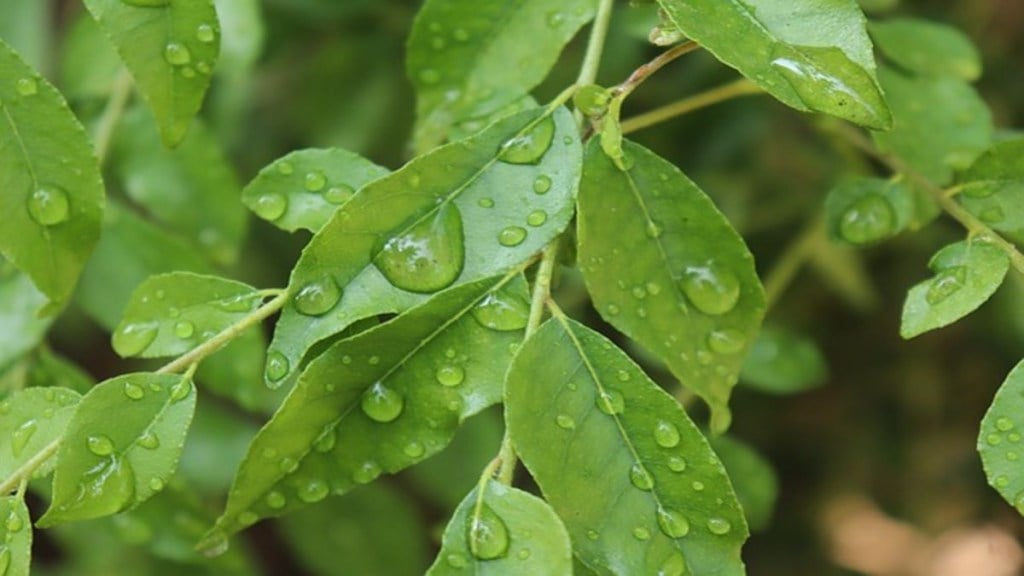A kitchen is often considered incomplete without curry leaves. This herb is often used to flavour Indian cuisine recipes. Curry leaves come from curry trees which is native to India, Sri Lanka, and a number of South-East Asian nations.
Other than enhancing the aromatic flavours in dishes, they also boost the nutritional value of the meal. Studies suggest curry leaves are rich in protective plant substances, such as alkaloids, glycosides, and phenolic compounds.
What are the benefits of curry leaves?
- Several studies claim that curry leaf extract has antioxidant effects.
- Research shows that consuming curry leaves may benefit heart health.
- Some animal studies have also shown that curry leaf extract reduces cholesterol levels.
- According to some studies, curry leaves contain substances that may help protect against neurodegenerative conditions like Alzheimer’s disease.
- Curry leaves contain compounds that have significant anticancer effects.
- Curry leaves may also have antibacterial, antidiabetic, pain-relieving, and anti-inflammatory effects, however, more research is needed.
What are the side effects of curry leaves?
According to experts, curry leaves should be avoided if one is allergic to them.
You should consult a doctor if you are pregnant, or breastfeeding.
Curry leaves’ small pods, while edible, should be avoided as they may be toxic.
How many curry leaves should you eat?
According to experts, 8 to 10 fresh Curry leaves should be eaten per day.








